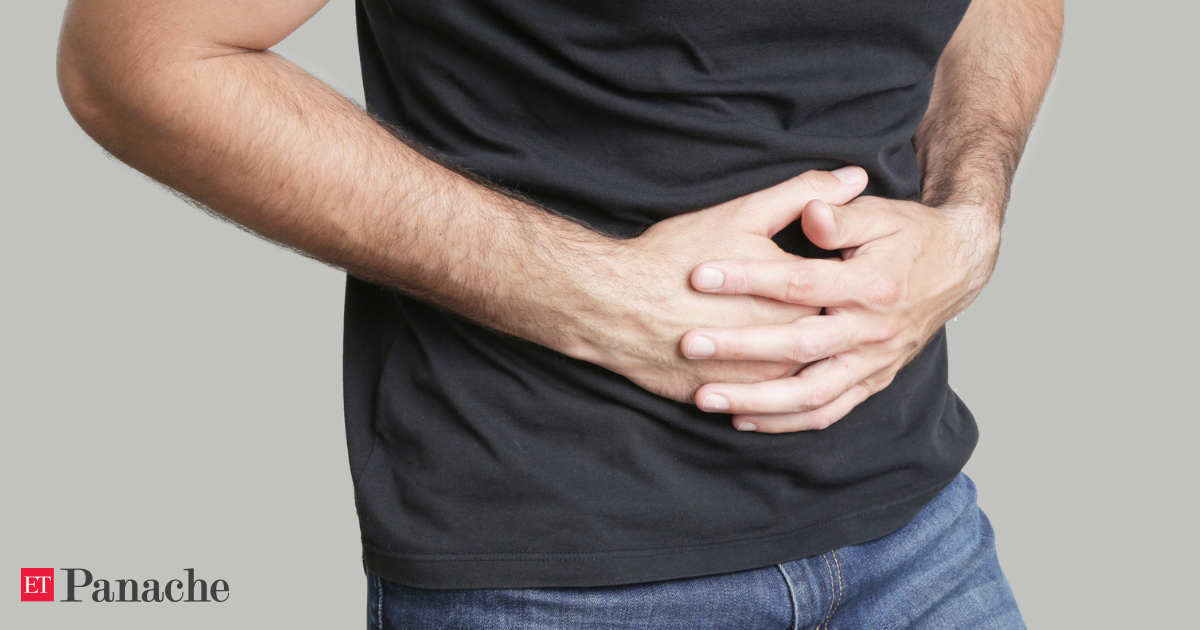Now Reading: Experts Highlight Gut Risks of Excess Protein and Tips for Balanced Dieting
-
01
Experts Highlight Gut Risks of Excess Protein and Tips for Balanced Dieting
Experts Highlight Gut Risks of Excess Protein and Tips for Balanced Dieting

Quick Summary:
- Protein consumption has become a growing cultural trend due to its benefits for muscle building, hormone support, and maintaining hair, skin, and nails.
- Overconsumption of protein without sufficient fiber can lead to digestive issues such as constipation.
- Nutrition experts recommend balancing protein intake with dietary fiber for optimal gut health. Soluble fiber (e.g.,oats,beans) and insoluble fiber (e.g., vegetables, whole grains) are essential for digestion regulation.
- The recommended dietary allowance suggests 0.8 grams per kilogram of body weight for sedentary adults; higher intake is advised for those on weight-loss programs or GLP-1 medications.
- Dr. Michelle cardel promotes the “30/30/30” approach: 30 grams of protein per meal, 30 grams of daily fiber intake, and 30 minutes of physical activity each day.
- Foods like Greek yogurt,bran cereal,eggs,and edamame help meet nutritional requirements effectively.
- A Mediterranean-style diet is encouraged by experts like Dr. David Liska to balance protein alongside healthy fats and fibers while supporting overall health.
Indian Opinion Analysis:
The rise in global trends around high-protein diets highlights the importance of awareness in achieving a balanced nutritional plan that prevents adverse effects such as digestive discomfort or long-term health risks like colorectal issues mentioned by experts in the article. India’s food culture naturally promotes diverse sources known to balance protein and fibers-such as lentils (dal), whole grains (millets), vegetables-and adaption toward these recommendations can be seamless.
For urban Indians drawn toward ready-to-eat snacks or Western diet fads influenced by celebrities advocating high-protein plans generally devoid of proper fiber pairing could present challenges unless balanced correctly with traditional home-cooked meals rich fibers need suggestions remains promoting practical integration routines innovatively uplift community dietary-science



























